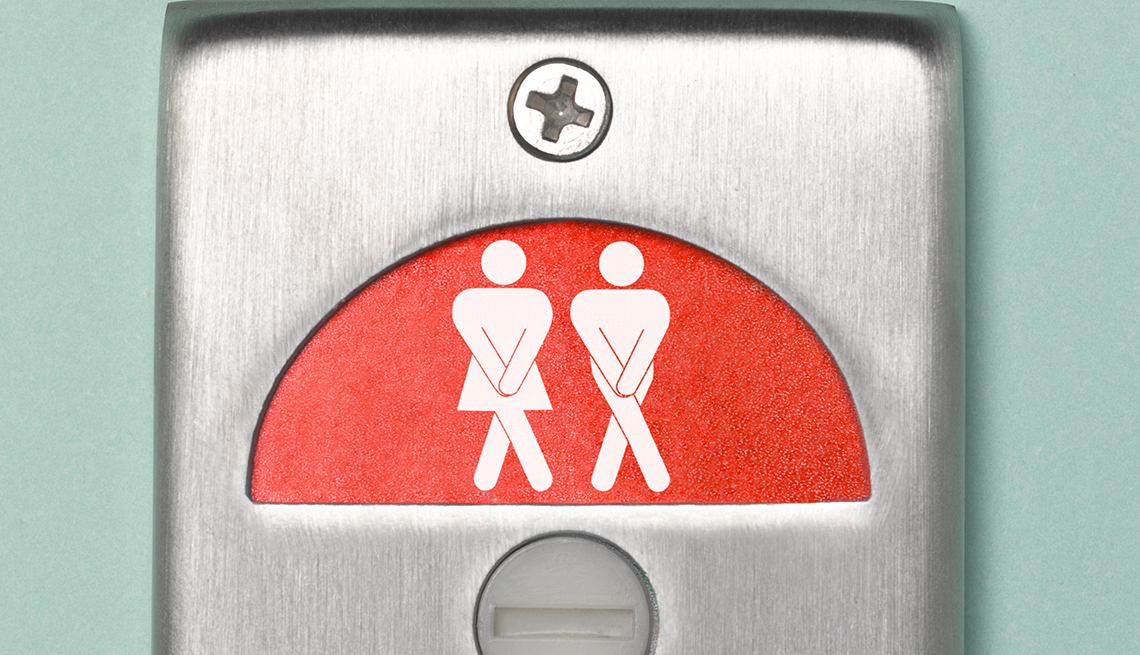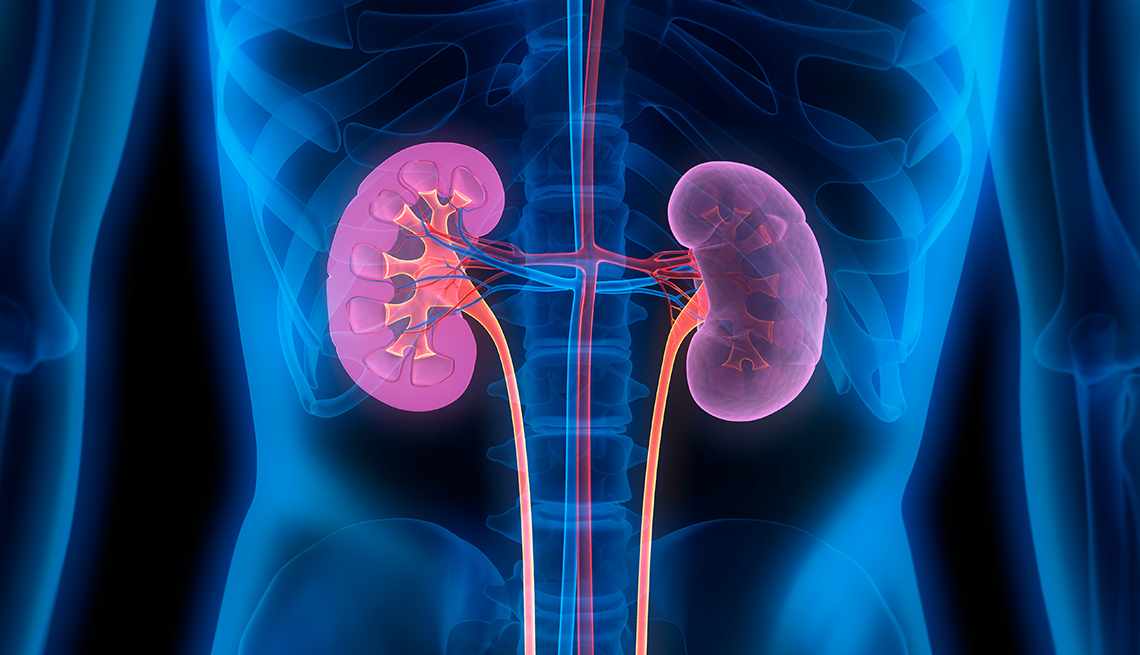AARP Hearing Center


I get frequent urinary tract infections. How can I lower my risk of getting another UTI?
Let’s be honest: Few things disrupt our daily life quite like a urinary tract infection. Whether it’s the sudden urgency to pee, the burning sensation or the nagging discomfort during intimacy, a UTI can knock you off your routine fast. If you’ve had one before, it’s no wonder you want to avoid going through it again.
But UTIs are incredibly common, especially as we age. In fact, UTIs are among the most diagnosed infections in adults 65 and older.
Women are more frequently affected, but men aren’t off the hook. What’s tricky is that as we age, the symptoms can be different from what we expect. Younger folks might notice burning, urgency or cloudy urine, but in older adults, the first sign might be confusion, or a noticeable change in mental sharpness.
I’ve had family members call my office worried their parent was showing signs of dementia, and it turned out to be a UTI. So if you or a loved one suddenly seems off, check it out. It might be something as treatable as a bladder infection.
Now, let’s talk prevention.


Ask Dr. Adam
Adam B. Rosenbluth, M.D., is an internist and cardiologist in New York City. Each Monday, he’ll weigh in on your questions about how to make your body work better for you. His AARP book will be published in 2027. Join in on the conversation on social media @dradamrosenbluth to learn to move the needle on your personal health in an achievable way.
Keeping the area dry and clean is your frontline defense. After sweating, swimming or exercise, wash the area, dry off completely and put on something fresh and clean. Bacteria thrive in moist environments, and wet or damp clothing, like gym outfits or bathing suits, give them an open invitation.
For women, wiping from front to back is sound advice. It helps prevent bacteria from the rectum, especially E. coli, from making its way to the urethra. And while moist wipes can help, skip anything scented or chemical-heavy. Those all-over deodorants and washes, for instance, may promise freshness, but they can irritate delicate skin and actually raise your risk of infection.
It’s a good idea to urinate after sex. That goes for both men and women. Sex can introduce bacteria into the urinary tract, and peeing afterward helps flush it out. Can’t go? At least rinse off gently with warm water.










































































)





You Might Also Like
Tips to Manage Frequent Urination
Physician has advice to help with frequent urinationWhat Do You Know About Women’s Sexual Health?
Read our In the Mood columns, then test your knowledge
25 Great Ways to Build Healthy Habits
Cultivate lasting habits with practical, transformative tips